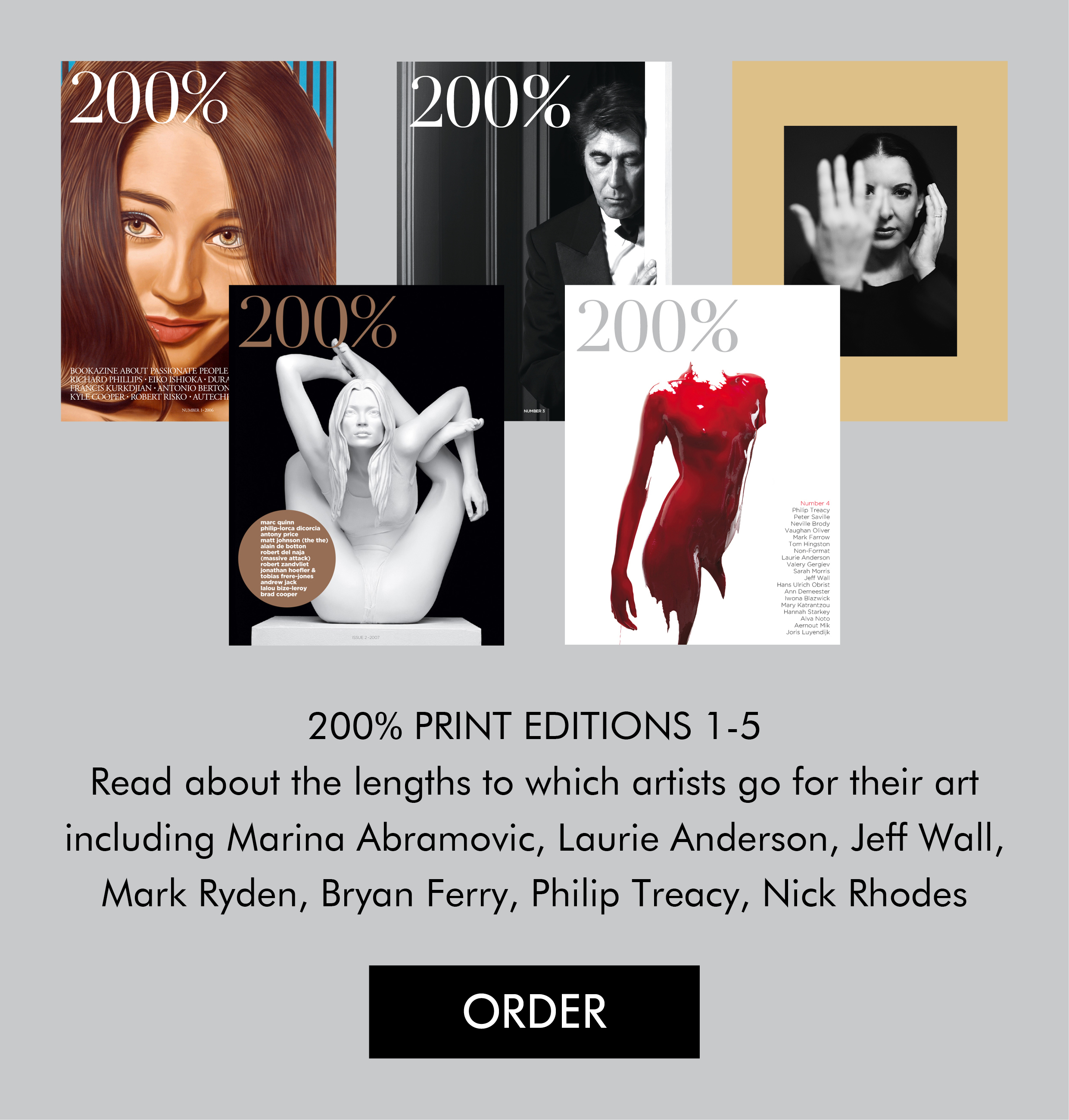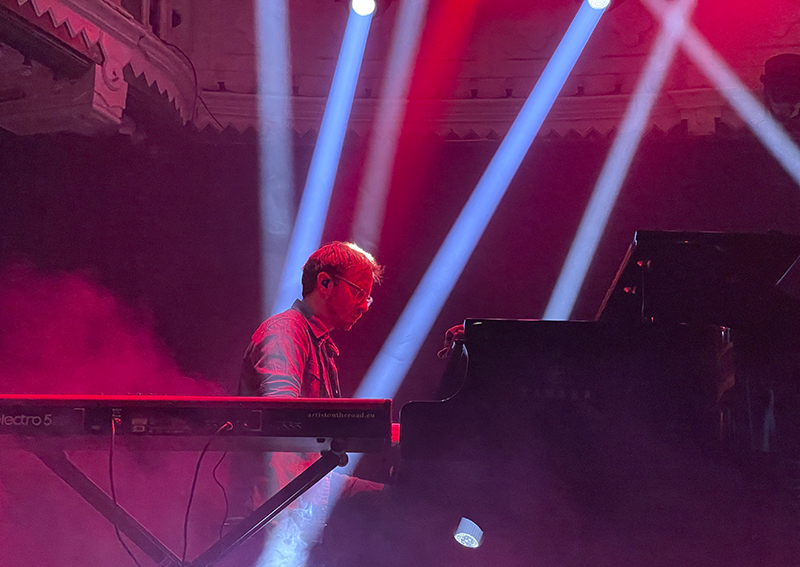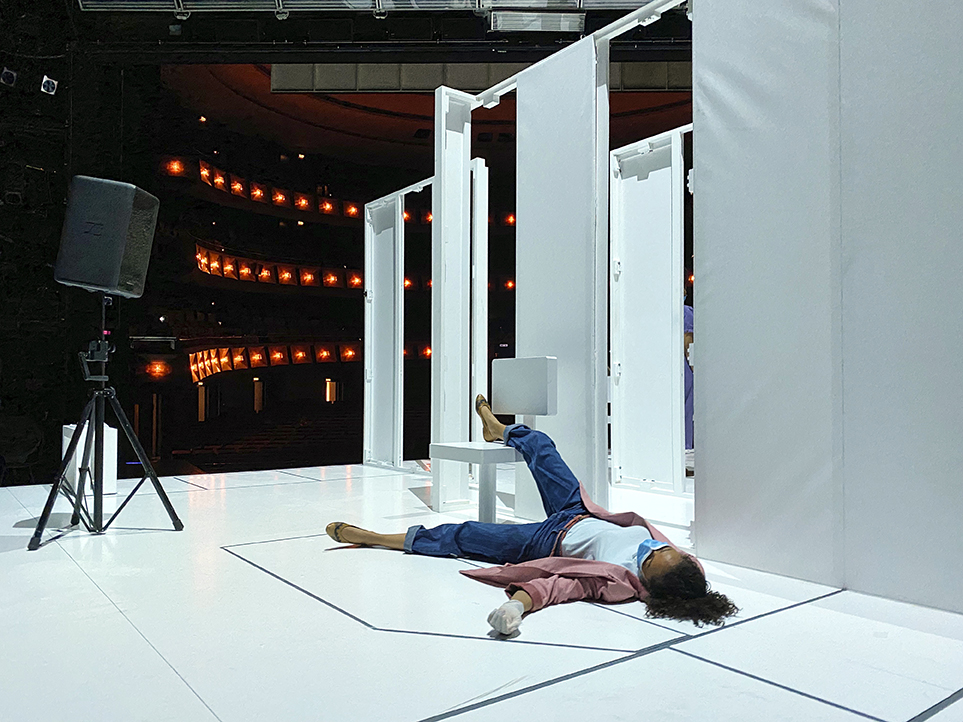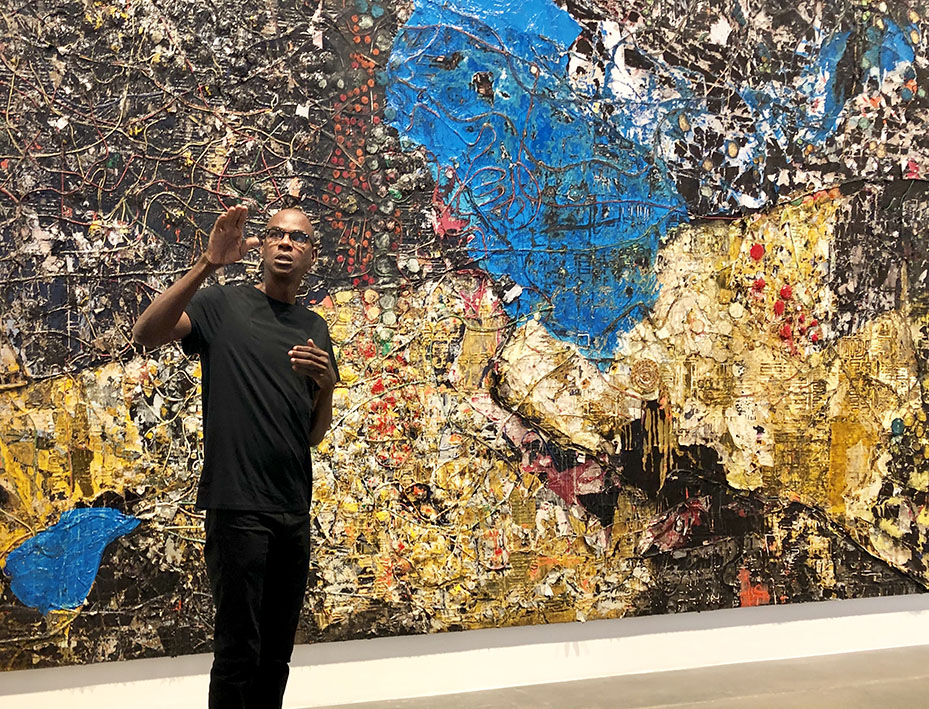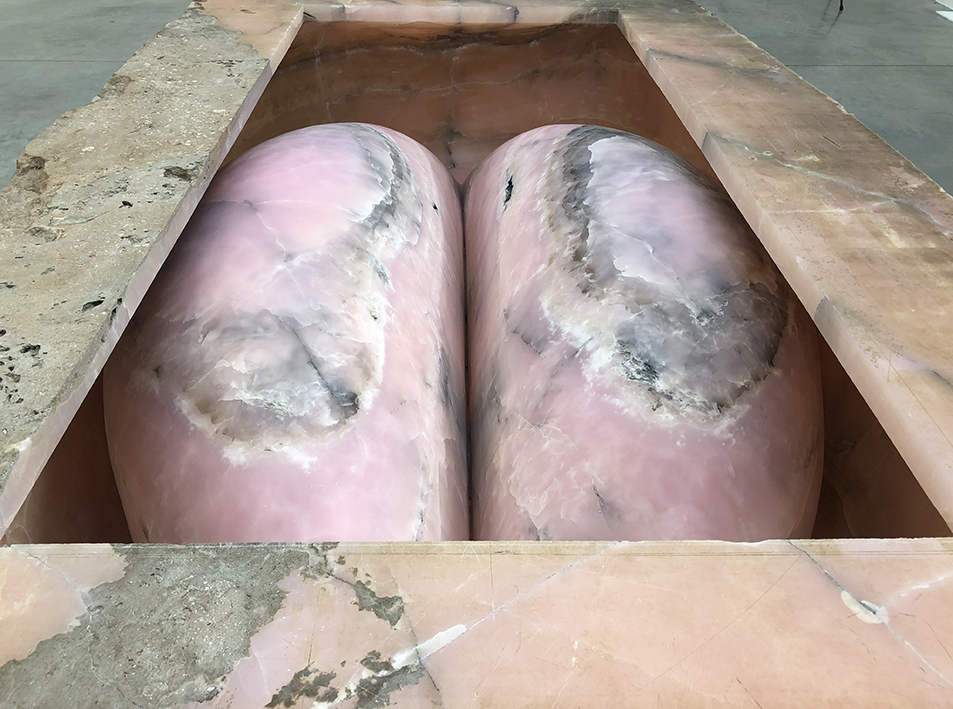
Film Steve Jobs (film)
Has Jobs been a source of inspiration for Michael Fassbender and Kate Winslet in their own personal lives?
I have to confess, I am a ‘Sorkonite’; a fan of the American screenwriter, Aaron Sorkin. His scripts are dialogue-driven, featuring outspoken personalities with strong verbal skills trying to overpower each other with words. The stories are set in the worlds of journalism, the US army, politics and business. Articulate characters deliver the most memorable monologues including, “It’s [America] not the greatest country in the world, Professor, that’s my answer.” (Will McAvoy, in ‘The Newsroom’), “You can’t handle the truth!” (Nathan R. Jessup in ‘A few Good Men’) and “You have part of my attention. You have the minimum amount” (Mark Zuckerberg in ‘The Social Network’).
It was one of the reasons I was eager to view Sorkin’s take on the story of Steve Jobs, the charismatic founder of Apple. Firstly, Sorkin is on familiar ground as he wrote the excellent script about another ruthless tech entrepreneur in ‘The Social Network’ showing that a film set in Silicon Valley could be as exciting as a thriller. Secondly, Michael Fassbender, who plays Jobs, has built up a reputation most notably with ‘Hunger’ and ‘Shame’, as an uncompromising actor. Finally, to be honest, a character like Jobs, deserves a better film than the one that was made on him in 2013, ‘Jobs’, with Ashton Kutcher playing Jobs.
 Although Fassbender doesn’t look as similar to Jobs as Ashton Kutcher does, the German born actor is magnetic and shows sparks of genius, just like the man he portrays. He is exhilarating in his portrayal of Jobs as an unreasonable man, able to alienate people, make them feel miserable and be an unbearable jerk. Winslet plays Joanna Hoffman, Apple’s head of marketing. She is Jobs’s confidante and is able to talk some sense into him when he is being unreasonable. She also steps in as a referee in the ugly confrontations he has with his adolescent daughter Lisa (Perla Haney-Jardine) or her mother Chrisann Brennan (Katherine Waterston).
Although Fassbender doesn’t look as similar to Jobs as Ashton Kutcher does, the German born actor is magnetic and shows sparks of genius, just like the man he portrays. He is exhilarating in his portrayal of Jobs as an unreasonable man, able to alienate people, make them feel miserable and be an unbearable jerk. Winslet plays Joanna Hoffman, Apple’s head of marketing. She is Jobs’s confidante and is able to talk some sense into him when he is being unreasonable. She also steps in as a referee in the ugly confrontations he has with his adolescent daughter Lisa (Perla Haney-Jardine) or her mother Chrisann Brennan (Katherine Waterston).
Throughout his life Jobs had many verbal confrontations with the people he closely worked with. These confrontations are centred in the film around three product launches: the Apple Macintosh, the NeXT cube and the iMac. The structure was chosen for dramatic reasons. “What you don’t see in this movie is a dramatic recreation of Steve Jobs’s Wikipedia page; what you see is a dramatization of several of the personal conflicts that he had in his life,” Sorkin explains at the press conference in London.
The script has 185 pages of dialogue; an incredible amount of dialogue for the actors to memorize. Winslet on the length of the script: “There was much to learn, but you are an actor, you learn your lines – that is the first thing you do, you just get on with it”. She adds, “The pressure really comes in not forgetting them. If you do, you f**k everyone [on the set]. If you drop a word, the whole thing unravels”.
 As Steve Jobs has inspired people all over the world I asked Winslet and Fassbender if Jobs had been a source of inspiration in their own personal lives?
As Steve Jobs has inspired people all over the world I asked Winslet and Fassbender if Jobs had been a source of inspiration in their own personal lives?
Kate Winslet: “No… I’m terribly sorry. I can’t say that Steve has been a source of inspiration for me. But I can’t have that be my answer. Do I think that he was extraordinary? Yes, I do actually. I think that’s partly because of the relationship that Steve and Joanna have as friends. [Winslet met and spoke with the real Joanna]. I had a backstage pass in terms of information about Steve and stories about the moments the two of them had shared as friends. I can honestly say that I think if I had met him, I think I would have quite liked him, but that is probably because Joanna really did love him.”
Michael Fassbender: “I really didn’t know anything about him. I was aware of who he was. I think definitely while working on the film, the fact that he had a vision back in the late 1970s and continued striving towards that vision is remarkable and here we all are, living it now. He had extraordinary passion, commitment and focus. Also, having met people that were close to him, both in the work place and personal relationships, shows the effect that he still has on these people. Some feel they are still orbiting around him and the love that was apparent.
I think anybody who rolls the dice like that; being ousted from Apple, getting back up, dusting himself off and building NeXT shows incredible character, although NeXT didn’t amount to much in terms of success. Apart from the software that was used later for the new Apple products. Then what he did with Pixar and the vision, much like Elon Musk, these guys who whatever money they made, could have easily sat back and enjoyed the millions that they are worth, however, they put it all back in to risk it all over again. I think that is pretty extraordinary and inspiring”.
The source of the film is Walter Isaacson’s terrific biography of Jobs. The Apple founder requested that the former editor of Time Magazine write his biography and encouraged him to speak with his close friends and enemies to get a complete portrait of him. Unfortunately, the film didn’t turn out to be a page turner, as with the book. Director Danny Boyle is not able to keep the same pulsating pace in the film as David Fincher could in ‘The Social Network’. The rhythm of that film was also pulsated through the ingenious score by Trent Reznor and Atticus Ross, and Donald Burt’s production design, which offered much in the line of visual enjoyment.
The main reason, though, might be the structure of the film. The idea to centre the personal conflicts that Jobs had with the six most important people in his life just before the product launches, might work on paper, but with the third launch I found it hard to believe. How could a man who expressed such an extraordinary focus, commitment and dedication to the innovative products that Apple produced, make time to sort out personal conflicts just before the launch and didn’t care if the presentation ran late?
There are, however, many moments when you sit on the edge of your seat and you are immersed in the cast’s performances. The verbal stand-off scenes between the former CEO of Apple, John Sculley (Jeff Daniels), and Jobs discussing his ousting from Apple, the auditorium scene between Jobs and Steve Wozniak (Seth Rogen) where the co-founder of Apple asks for acknowledgment of the Apple II team during the presentation, and the confrontation between Jobs and Andy Hertzfeld (Michael Stuhlbarg), a member of the original Macintosh team, when he is not able to fix the voice demo for the Macintosh to say ‘Hello’.
A few examples:
“If you keep alienating people for no reason, there’ll be no one left for it to say “Hello!” to” (Joanna Hoffman)
“Five minutes before a launch, everyone goes to a bar and gets drunk and tells me what they really think”. (Jobs)
“It’s not binary, you can be decent and gifted at the same time”. (Wozniak)
“Why do people like you, who were adopted, feel like they were rejected instead of selected?” (Sculley)
These lines are Sorkin at his best, either full of wit, trying to outsmart or humiliate the other person. Sometimes, I felt like I was sitting in the middle of a battlefield where the lines delivered by the actors became bullets blasting out of a Kalashnikov, or a single line became a clean shot fired by a sniper. Steve Jobs has plenty of material to satisfy the hard core ‘Sorkinites’.
Written by Thierry Somers

